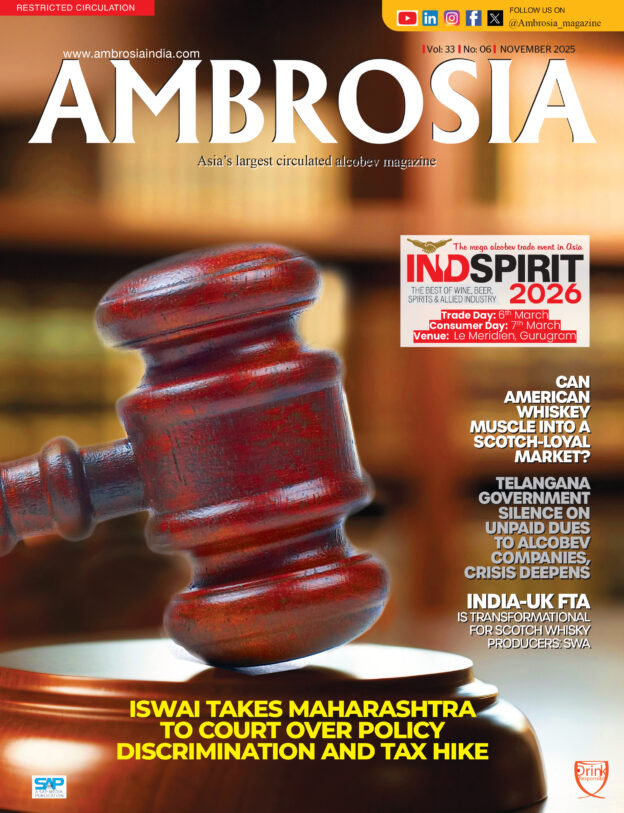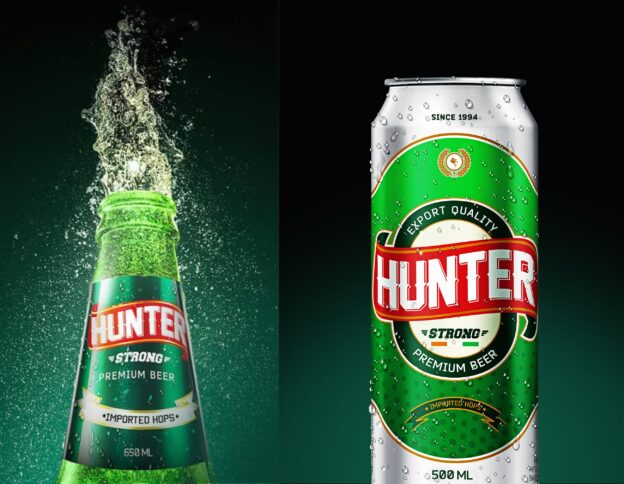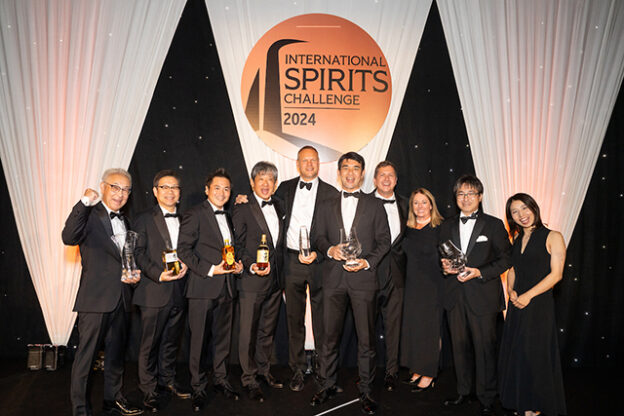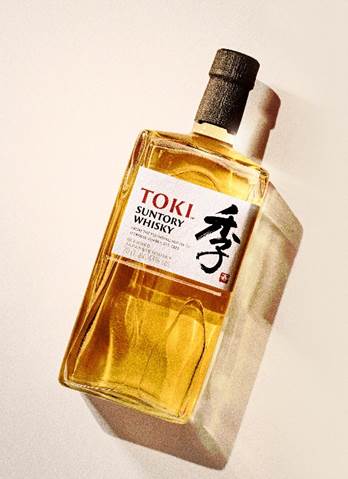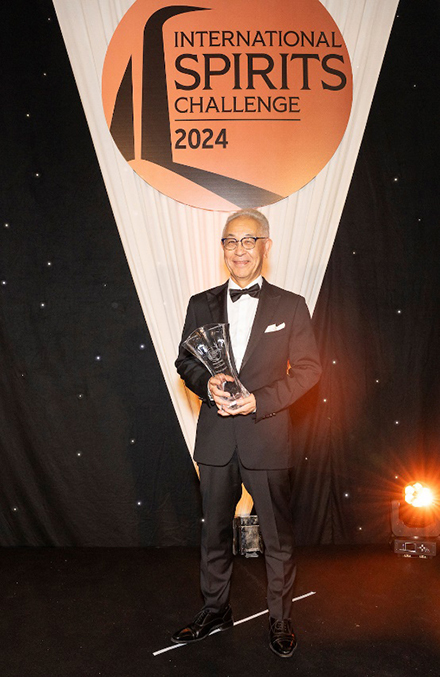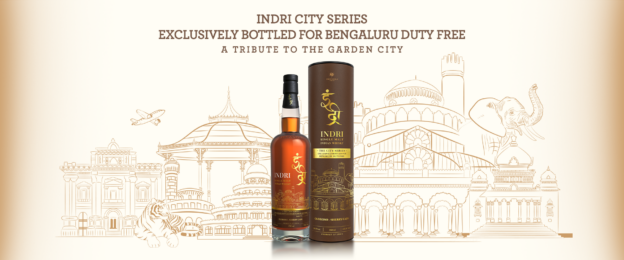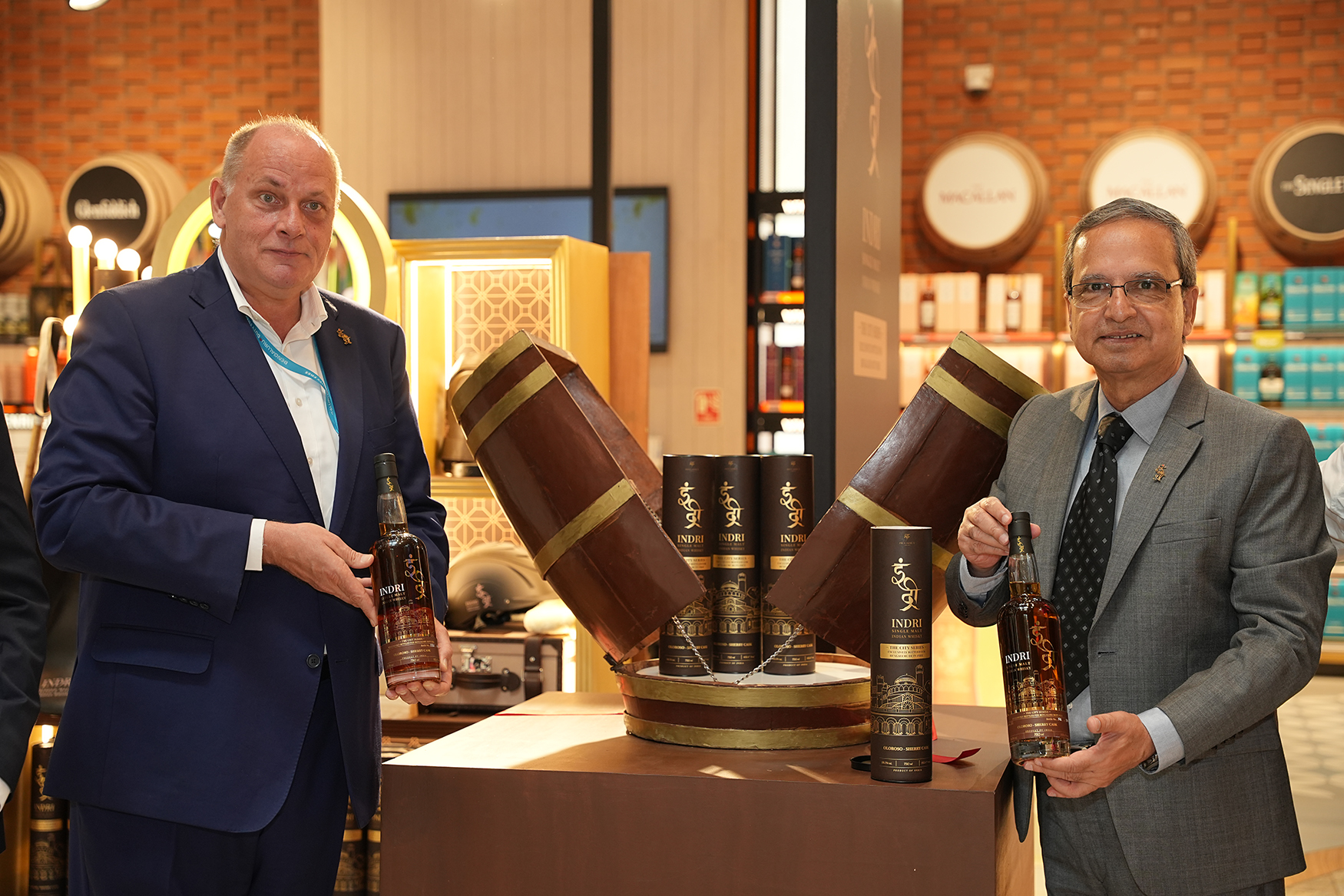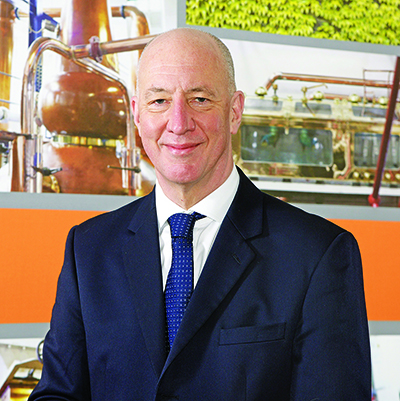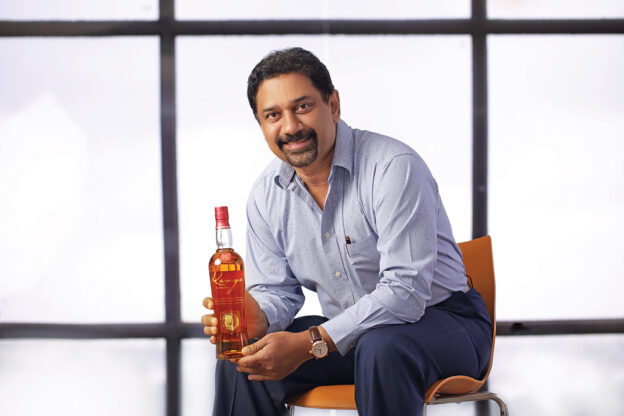The November 2025 issue of Ambrosia is now live! (Click here)
Featuring impactful reads like:
• ISAWI takes Maharashtra to court over policy discrimination and tax hike
• Can American whiskey muscle into a Scotch-loyal market?
• Telangana government silence on unpaid dues to alcobev companies, crisis deepens
Our e-magazine for 1 year is now free — just register and start reading or read the current issue here
Stars are lining up
What began with Sanjay Dutt entering the alcobev industry with The Glenwalk Blended Scotch has quickly escalated into a full-throttle wave of Bollywood stars and cricketers stepping into the space. In recent months, Ranveer Singh, Badshah
and Rana Dagabuthi have also expanded their entrepreneurial pursuits, launching beverages crafted around their favourite tipples with Vivek Oberoi and Yuvraj Singh set to enter the market as well.
But even as Bollywood’s big names make their presence felt, the homegrown market is undergoing its own transition. With an increasing number of States pushing to promote local products, ISWAI has taken the Maharashtra Government to court over its recently introduced Maharashtra Made Liquor (MML) over Policy Discrimination and Tax Hike. We’ve covered
the issue in depth in this edition, outlining the petition, its implications, and the industry’s major pain points.
Meanwhile, as both international and domestic players navigate challenges in Maharashtra, the Scotch Whisky Association (SWA) is optimistic. The India–UK FTA promises a tariff reduction on Scotch imports to 75% starting 2026. In an exclusive
conversation with Mark Kent, Chief Executive of the SWA, we explore the opportunities unlocked by this landmark agreement and what it could mean for the industry’s future. And while Scotch continues to dominate India’s whisky landscape, Bourbons and American spirits are gearing up for a stronger push into the market. Though they don’t yet
enjoy the popularity of Scotch, DISCUS CEO Chris Swonger hopes to change that trajectory in the coming years. Tasked with championing American spirits globally, he tells us why it’s time for India to “Set Whiskey Free”.
Despite India being a high-priority market for nearly every global manufacturer, worldwide consumption volumes have dipped by 1% – a decline largely driven by the US and China. We’ve analysed this trend in a detailed report within this issue. All in all, this edition brings you a sharp, well-rounded and insightful look into the alcobev world – packed with developments, perspectives, and data that matter.

